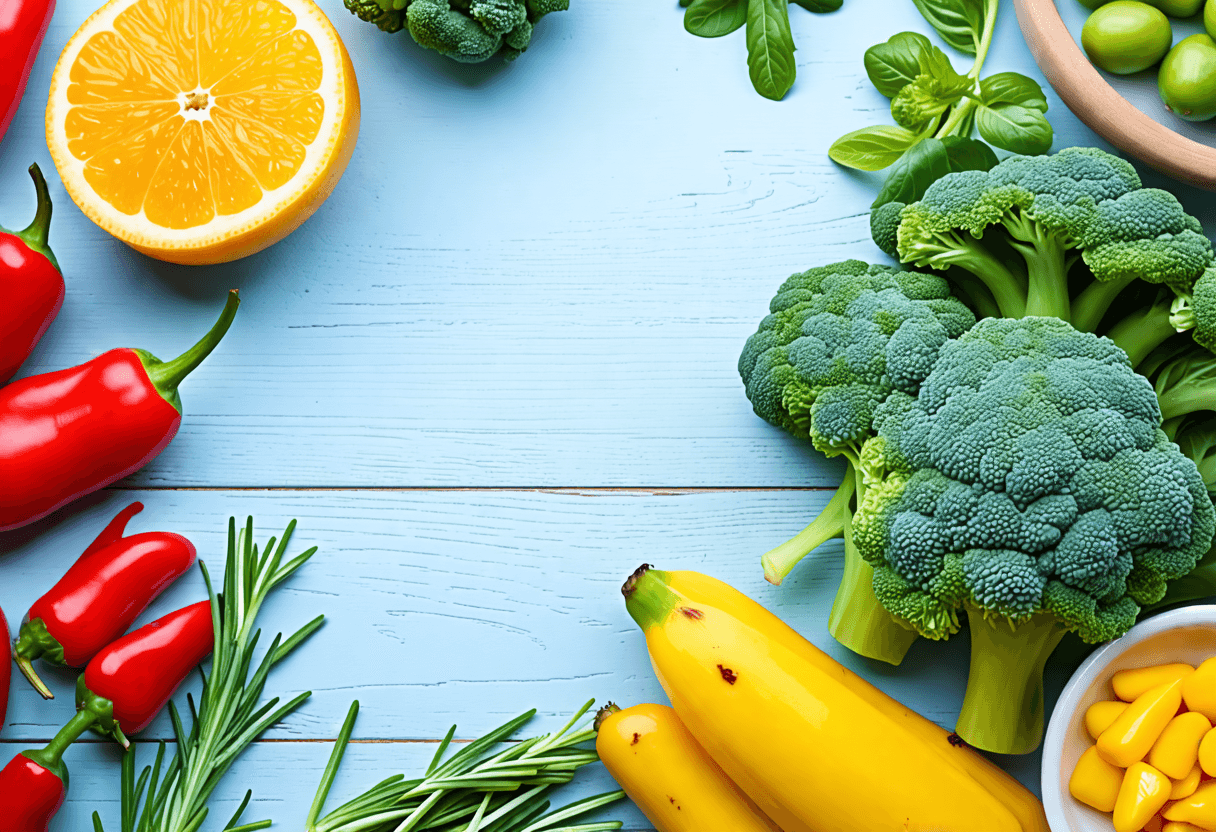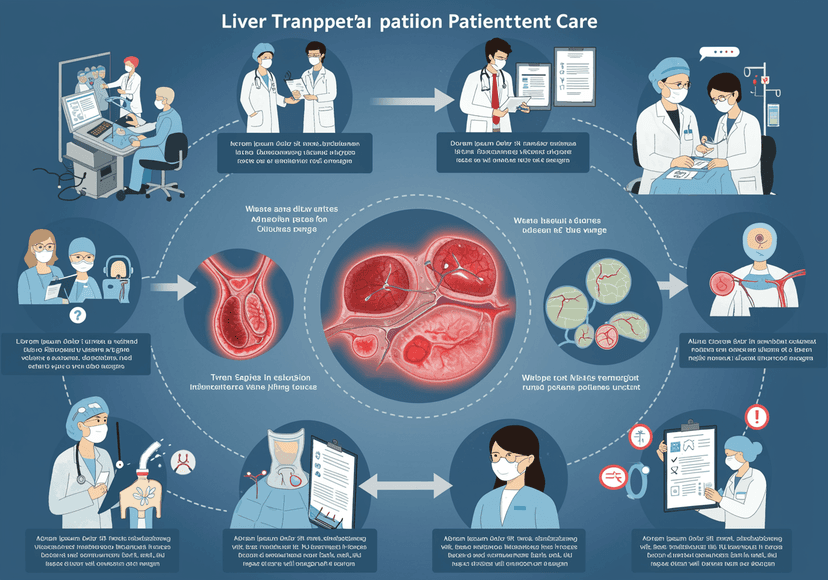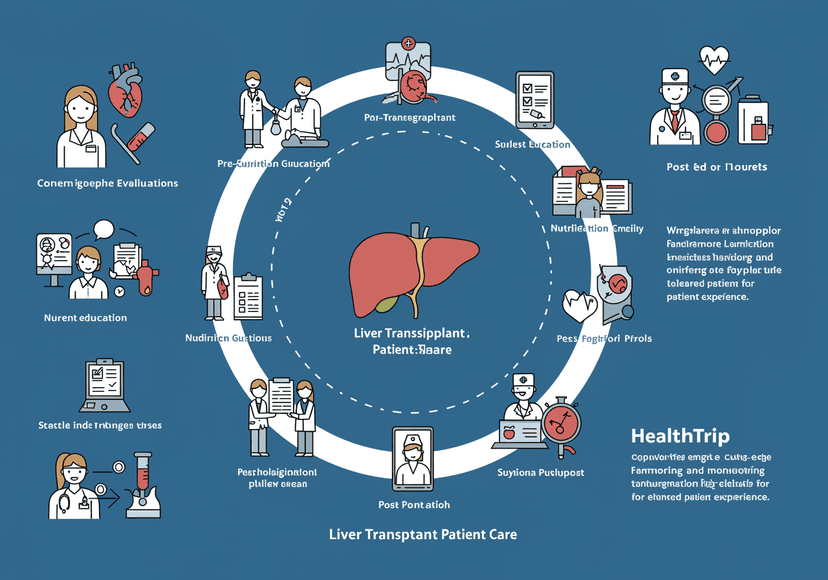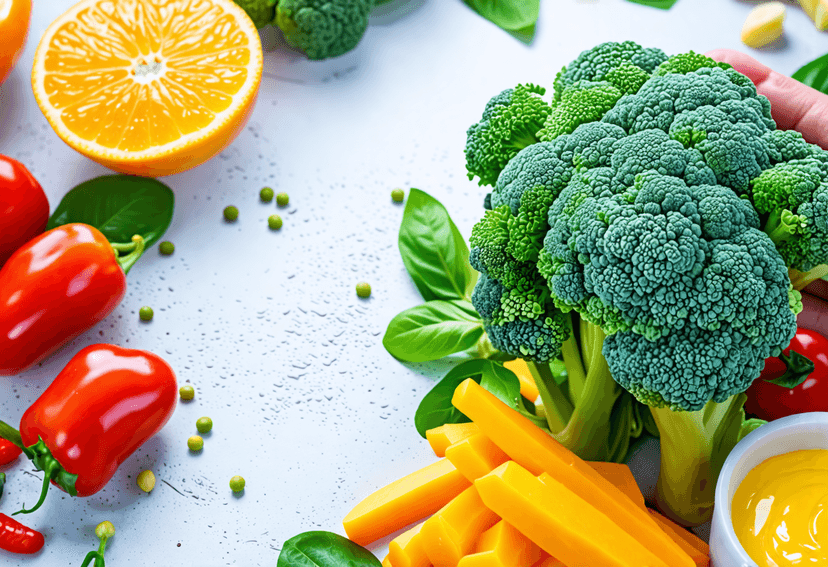
The Role of Nutrition in Cancer Recovery
09 Oct, 2024
 Healthtrip
HealthtripNutrition plays a vital role in cancer recovery, and it's an aspect that's often overlooked in the midst of medical treatments and doctor's appointments. While medication and therapy are crucial in fighting cancer, a well-balanced diet can make a significant difference in a patient's quality of life, energy levels, and overall recovery. A healthy diet can help alleviate symptoms, reduce side effects, and even support the body's natural healing processes. In this article, we'll delve into the importance of nutrition in cancer recovery, explore the best foods for cancer patients, and provide practical tips for incorporating healthy eating habits into daily life.
The Impact of Nutrition on Cancer Recovery
Research has shown that a healthy diet can significantly improve treatment outcomes, reduce the risk of complications, and enhance overall well-being for cancer patients. A well-nourished body is better equipped to handle the physical demands of cancer treatment, such as surgery, chemotherapy, and radiation. Moreover, a healthy diet can help mitigate the side effects of treatment, including fatigue, nausea, and weight loss.
Most popular procedures in India
Additionally, nutrition plays a critical role in supporting the immune system, which is essential for fighting off cancer cells and preventing recurrence. A diet rich in antioxidants, vitamins, and minerals can help boost the immune system, reducing the risk of infection and promoting overall health.
The Best Foods for Cancer Patients
When it comes to nutrition for cancer patients, it's essential to focus on whole, unprocessed foods that provide a rich source of nutrients. Some of the best foods for cancer patients include:
Wellness Treatments
Give yourself the time to relax
Lowest Prices Guaranteed!

Lowest Prices Guaranteed!
Leafy greens like spinach, kale, and collard greens, which are rich in antioxidants and fiber.
Cruciferous vegetables like broccoli, cauliflower, and Brussels sprouts, which contain cancer-fighting compounds.
Fatty fish like salmon and sardines, which are rich in omega-3 fatty acids that support heart health and reduce inflammation.
Whole grains like brown rice, quinoa, and whole wheat, which provide sustained energy and fiber.
Legumes like lentils, chickpeas, and black beans, which are rich in protein, fiber, and antioxidants.
Nutrition Tips for Cancer Patients
While it's essential to focus on whole, unprocessed foods, there are some specific nutrition tips that can make a significant difference for cancer patients:
Eat small, frequent meals to manage nausea and fatigue.
Choose soft, easy-to-digest foods during treatment, such as soups, smoothies, and scrambled eggs.
Incorporate healthy fats like avocado, nuts, and seeds into your diet to support energy and weight management.
Stay hydrated by drinking plenty of water, herbal tea, and electrolyte-rich beverages like coconut water.
Avoid sugary drinks and processed snacks that can exacerbate fatigue and weight loss.
Overcoming Nutrition Challenges During Cancer Treatment
One of the biggest challenges cancer patients face is maintaining a healthy diet during treatment. Side effects like nausea, vomiting, and mouth sores can make eating a daunting task. Here are some tips for overcoming these challenges:
Work with a registered dietitian or nutritionist to develop a personalized meal plan that meets your unique needs.
Keep a food diary to track your eating habits and identify patterns and triggers.
Explore different cooking methods, such as steaming or roasting, to make food more palatable.
Involve friends and family in meal preparation and cooking to reduce stress and increase social support.
By prioritizing nutrition and making healthy eating habits a central part of their recovery plan, cancer patients can improve their overall quality of life, reduce symptoms, and support their body's natural healing processes. Remember, nutrition is not a one-size-fits-all approach, and it's essential to work with a healthcare team to develop a personalized plan that meets your unique needs and preferences.
Related Blogs

Comprehensive Liver Transplant Patient Care at Healthtrip
Learn how Healthtrip provides comprehensive and compassionate patient care throughout

Comprehensive Liver Transplant Patient Care at Healthtrip
Learn how Healthtrip provides comprehensive and compassionate patient care throughout

The Role of Nutrition in Orthopedic Recovery
Fuel your recovery with the right nutrition for optimal orthopedic

Women's Holistic Health and Nutrition
The importance of nutrition for women's holistic health

Mindful Eating for Women's Health
The power of mindful eating for women's holistic health

Body Care for a Healthier You
Discover the secrets to a healthier, happier you at our










